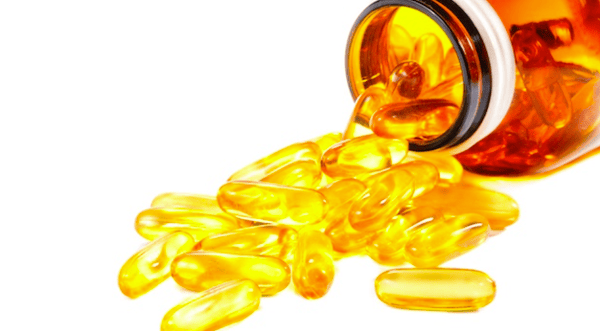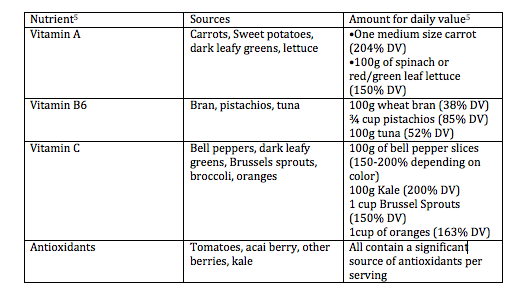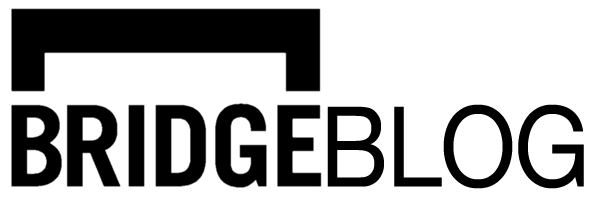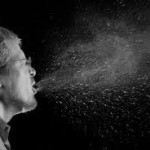
Whether it's flu season or allergy season, your immune system is your first defense when it comes to staying healthy. With increasing numbers of ads for immunity boosting foods, what is the research behind these claims and are these “super foods” really going to boost your immune system?
Immune System: Simplified
The Immune system is a complex network of biological structures that help protect the body against foreign invaders and disease. The immune system’s job is to work as a unit to identify disease-causing agents and neutralize them before damage is done to our bodies.
Lymphocytes (white blood cells) search for invaders that pass through physical barriers such as our skin creating a multi-barrier system. If you want more info on the immune system, this site provides nice overview of the system: here.
Foods that Boost the Immune System
The concept of a specific food boosting your immunity system is important but should also be approached with caution. Diet can be an important way to remain healthy and keep one’s immune system at full strength as malnutrition and specific vitamin deficiencies cause susceptibility to infection. But can a well-nourished athlete boost his immunity further by increasing vitamin intake beyond recommended values? Through my research I found a lack of evidence that mega doses of vitamins improves one’s immune system and, in fact, it can actually have negative effects depending on the nutrient.
Vitamins and Antioxidants
There are a number of well-established relationships between micronutrients and immunological function. Vitamin A plays a role in fighting infection by influencing T and B cells (two main immune cells). An increase in Vitamin A intake can improve immunological function if previously deficient, however as stated earlier, mega doses above the daily recommended value are not proven to enhance immunity further.
Vitamin B6 us also important as it affects lymphocyte maturation and deficiency of this nutrient will reduce immunity.
Vitamin C also plays an important role in affecting t-cells and phagocytes and deficiency reduces resistance against pathogens.
Last, antioxidants also play a role in the immune system as they help the body eliminate free radicals, which are damaging to the human body and immunological function. Consuming a diet with these important nutrients can help you stay healthy throughout these winter months and all year long.
Recap and Vitamin Food Sources
While there may not be a miracle food to help protect you from getting sick, simple daily measures can help you give your body what it needs to stay healthy. A nutritious diet, plenty of water, and a full night’s sleep all contribute to increasing one’s overall health. It is important to make sure your diet is complete and you have no vitamin deficiencies that may cause illness. Achieving the daily recommended values for these immune system related vitamins is simple to get through natural foods by including the nutrient rich foods listed in the chart below. Make sure you are giving your body the necessary nutrients to fight infection and keep you training hard.
Vitamins from food sources:

Want to see how training impacts the immune system? Check our one of our posts here.

Resources:
- http://www.health.harvard.edu/flu-resource-center/how-to-boost-your-immune-system.htm
- Schuss et al. Antioxidant Capacity and Other Bioactivities of the Freeze-Dried
Amazonian Palm Berry, Eateries oleraceae Mart. (Acai). J. Agric. Food Chem. 2006, 54, 8604-8610.
- http://www.lenntech.com/recommended-daily-intake.htm
http://www.niaid.nih.gov/topics/immunesystem/Pages/default.aspx
- Chandra, Ranjit Kumar and Sobha Kumari. Symposium: Dietary Nucleotides: A Recently
Demonstrated Requirement for Cellular Development and Immune Function. J. Nutr. August 1, 1994 vol. 124 no. 8 Suppl 1433S-1435S.
- http://www.healthaliciousness.com/most-nutritious-foods-lists.php
- Strohle, A and A. Hahn. Vitamin C and Immune Function. Med Monatsschr Pharm.2009 Feb;32(2):49-54
.png?width=150&height=50&name=BRIDGEBLOG(1).png)







